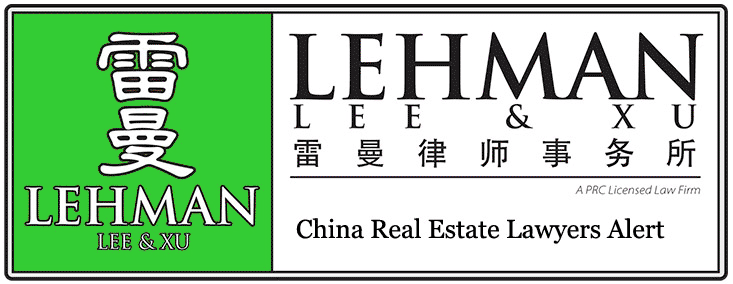Two months after a sell-off, Chinese property developers’ shares and bonds are back in favor as real-estate prices rise and home sales surge.
Shares in the 10 largest Hong Kong-listed Chinese property developers have gained an average 22% since late June, far outpacing the MSCI Asia ex-Japan index, an Asia-wide equity benchmark that has gained 8% during the same period. And Chinese property bonds trading offshore are up 2% from their July lows, while a JPMorgan Asian junk bond index has risen 1% in the same time.
Property developers are beating the odds and overcoming concerns about excess supply in smaller cities around China, as well as successive efforts by Chinese officials to tamp down rising property prices.
Nationwide, housing sales this year were up 40% through July from the same period a year earlier, according to the National Bureau of Statistics. Prices rose 8.6% in August from a year earlier, and soared in major cities, according to data provider China Real Estate Index System.
Subtle shifts in how China regulates the property sector are playing a big role in the recent gains. Policymakers in previous years had imposed a number of measures—including requirements for higher down payments and limits on the number of homes that could be purchased—to cool speculation and soaring prices.
But local governments have not enforced these curbs rigorously, and investors have justified their bullishness after noting that a late July statement by the Communist Party’s powerful Politburo made no mention of further tightening measures.
“Apart from the launch of property taxes in selective cities, policy tightening risks are small between now and next March,” Macquarie property analysts said in a recent report. The Australian bank said it is “turning more bullish on the sector,” predicting an average 33% gain for the stocks over the next year.
Plus, property developers have become more focused on tightening balance sheets after a sudden cash crunch in China’s banking sector in June raised concerns about tougher lending conditions and slowing real-estate sales, said Greg Wells, managing director of Forum Partners, a global real-estate investment firm that invests in Chinese property developers.
“I think there is a bigger recognition that cheap capital sources will not always be readily available,” Mr. Wells said.
Resilient property prices and a more-neutral government policy are encouraging, but some investors warn to steer clear of any developers with exposure to smaller cities. Byung Ha Kim, co-chief investment officer at Mirae Asset in Hong Kong, said he believes property companies in those areas are struggling with oversupply.
In the offshore bond market, debt issued by Chinese developers has yet to recoup all the losses they sustained over the last few months. Prices of these bonds have fallen around 8% since May, when investors started to worry about the U.S. Federal Reserve reducing its bond-buying program this year.
However, investors are now tip-toeing back in and buying up high-yield bonds after the big price declines. Bond prices move inversely to yields.
For example, the yield on a four-year bond issued by Yuzhou Properties Co., a mid-sized developer based in South China, rose from a record low of below 8% in May to above 10% in mid-July when its price fell by around 10%. This bond and those issued by Chinese developers deemed relatively big and financially strong, are favored by some investors now hunting for bargains.
“We’ve been reducing Asian bonds and keeping a reasonable level of cash since May. As a result, now we have enough bullets to buy into dips in our selected high-yield bonds,” including Chinese property bonds, said Raymond Gui, senior portfolio manager at Income Partners, an Asian fixed-income manager with $1.4 billion of assets under management.
China’s recent green light for developers to issue bonds in the domestic market could give a further boost. Already the move has helped relieve concerns surrounding possible refinancing pressures. Guangzhou R&F Properties Co., for instance, plans to issue an onshore bond of up to 6 billion yuan ($980 million), the company said last week.
Source: http://stream.wsj.com/story/markets/SS-2-5/SS-2-318529/ |

